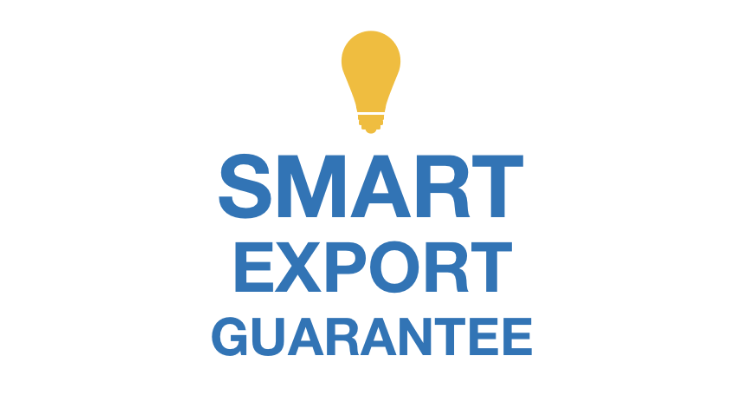What is the Smart Export Guarantee?
In a bid to encourage more forms of clean energy generation the UK government introduced the Smart Export Guarantee (SEG). We look at what it is and what it means for electricity suppliers.
The FiT Scheme
Back in 2010, the Department for Business, Energy and Industrial Strategy (BEIS) introduced the Feed-In Tariff (FiT) scheme that encouraged businesses and domestic homeowners to invest in small-scale renewable energy generation such as solar panels and wind.
The scheme was widely considered a success but was ended in March 2019. However, after its ending, concerns were raised by the industry that without the scheme most new small-scale electricity generators would not receive any income for the electricity they would provide to the wider network.
Without that incentive, concerns were raised that less and less investment would be put into renewables. Following these concerns and consultation with industry, the BEIS introduced the SEG.
What is the SEG?
The SEG is an obligation set by the UK government for all licensed electricity suppliers to provide a tariff and make payments to their customers who use small-scale, low-carbon generators that export electricity to the National Grid.
Typically homes with solar panels will generate more energy than they need so instead of letting the excess go to waste the surplus is exported to the grid. Under SEG anyone that produces more energy than they use receives payments from their supplier.
Who is SEG for?
Consumers who generate electricity using renewable sources are eligible to receive payments from suppliers under the SEG scheme. The types of generation eligible are:
- Wind power
- Solar photovoltaic
- Micro-combined heat and power
- Hydro
- Anaerobic Digestion
Anyone who already receives payment for their Feed-in Tariff on their installation will be unaffected by the SEG.
What it means for Energy Suppliers
Under the rules set out by the government and Ofgem all licensed energy suppliers with 150,000 or more domestic customers must provide at least one SEG tariff. If a supplier has fewer than 150,000 then it does not have to provide a tariff but can participate in the scheme on a voluntary basis.
Non-SEG licensee providers can still make payments to their customers who generate electricity but are not bound by the SEG arrangements.The types of tariffs
Most energy suppliers that participate in the SEG scheme have created tariffs that fall under a fixed rate or flexible rate.
Fixed rate SEGs have a set amount that the supplier will pay per kilowatt hour of electricity exported to the grid regardless of what time it is exported. Most of the tariffs on offer currently fall under this category.
Alternatively, there are flexible tariffs that pay varying amounts depending on how needed the electricity is by the grid at different times of the day. A customer could be paid more or less for exporting electricity at a time of high or low demand.
Suppliers could also offer
multi-rate SEGs where there are different set rates for electricity exported at
different times, such as day and night rates, or weekday and weekend rates. The
price you are paid must not be below zero at any time.
The offering of SEG tariffs should be a potential way for an energy supplier to attract new customers. A customer’s electricity supply doesn’t have to come from the supplier who provides SEG payments for example, so those offering the best rates and tariffs could gain a competitive advantage.
For more advice on SEG and what it means for your energy supply business get in touch
Further Reading
How to start an Electricity Supply Company in the UK
What is the Renewable Heat Incentive Scheme?
Ofgem sets out plans to hit net-zero carbon emissions by 2050
Dyball Associates are proud to help new supply businesses successfully launch in the UK market.
Through our energy market consultancy services, and the software we’ve developed, we’re supporting new UK electricity and gas suppliers get set up and start supplying.
For more information on how to start and manage an energy company, get in touch with Dyball Associates today.
Follow us on Twitter and LinkedIn to keep up to date with the latest news and updates in the energy industry.





